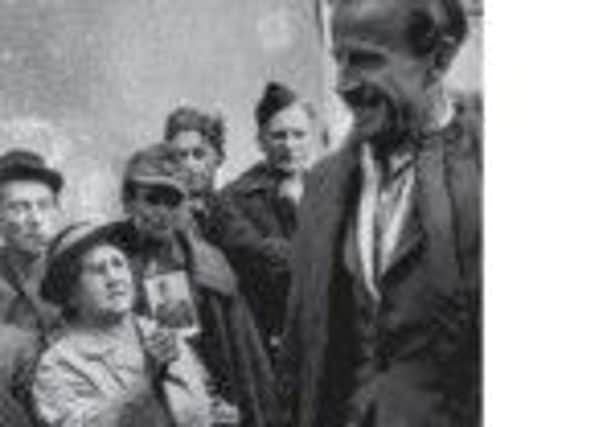Book review: Year Zero: A History of 1945, Ian Buruma


Year Zero: A History of 1945
By Ian Buruma
Atlantic, 384pp, £25
But recently historians have shown us a far more morally complicated picture. This ranges from thousands of previously ignored rapes by American soldiers in France to the huge and perhaps militarily needless German civilian death toll from Allied bombings to the callous postwar deportation to the Soviet Union of protesting Soviet POWs, even though the soldiers forcing them into boxcars knew they were likely to be killed or sent to the gulag.
Ian Buruma’s lively new history examines the various ways in which the aftermath of the Good War turned out badly for many people, and splendidly for some who didn’t deserve it. It is enriched by his knowledge of six languages, and a sense of personal connection to the era (his Dutch father was a forced labourer in Berlin).
Advertisement
Hide AdHis survey ranges over a wide expanse of ground, from the sexual behaviour of the liberators to Allied soldiers unintentionally killing thousands of freed concentration camp inmates by feeding them more than their shrivelled intestines could handle, to the Allies’ blindness to how much of their supplies found its way into the hands of Italian, French and Japanese gangsters.
As well as all this, he points out, the Allies spent much of the latter half of 1945 reviving colonialism. After Algerian Arabs began an uprising on V-E Day, some of the troops the French governor general called in to suppress them included an infantry regiment that had just taken part in the final assault on Germany. In two months of fighting as many as 30,000 Algerians may have been killed.
On the other side of the world, inhabitants of the Dutch East Indies demanded freedom just after the Japanese surrender. But the Dutch government answered with troops, and fighting lasting for four whole years. In 1945 British troops were crucial to restoring the colonial order in Vietnam, with help from French Foreign Legion detachments. These included many German volunteers, recruited from PoW camps, who had recently been fighting the Allies in Europe or North Africa.
Meanwhile, the victorious Allies were uprooting 10 million ethnic Germans from parts of Eastern Europe where they had lived for generations, and forcing them to move to a shrunken Germany, with perhaps a half-million or more dying in the process from hunger, exposure or attacks by vengeful neighbours.
Another part of the heroic narrative he undermines has to do with the resistance, which played only a small part in defeating Hitler but which the Allies “deliberately romanticised”. Many Europeans assigned themselves roles in the underground in retrospect. In Berlin, a diarist looking at banners and posters noted that “‘Antifascist’ groups are shooting up like mushrooms” – a week after Germany had surrendered.
Finally, what about Nuremberg? True, the Allies did put top Nazis on trial, but the situation was far less clear-cut in Japan, where Americans had little idea who was really to blame and almost none spoke the language. Some war criminals got off with a wrist slap or scot-free. Shiro Ishii, who headed the notorious Unit 731 germ warfare experiments on Chinese and American PoWs, avoided all punishment; his successor at the unit became head of Japan’s first commercial blood bank. Nobusuke Kishi played a major role in the conquest of Manchuria, exploiting large numbers of Chinese forced labourers, then ran his country’s war economy as the Japanese counterpart to Albert Speer. He was held in prison after the war but never put on trial. In 1957, he became prime minister of Japan.
Advertisement
Hide AdYet as Buruma points out, the heroic narrative of the Second World War was not entirely false. At least the Allies (apart from the Soviets) did not repeat the mistakes of Versailles and spend years exacting repara tions. And it is surely an extraordinary achievement that today you can walk or drive or swim across boundaries among countries that had fought one another many times over the centuries, and not find a fence or border guard in sight.